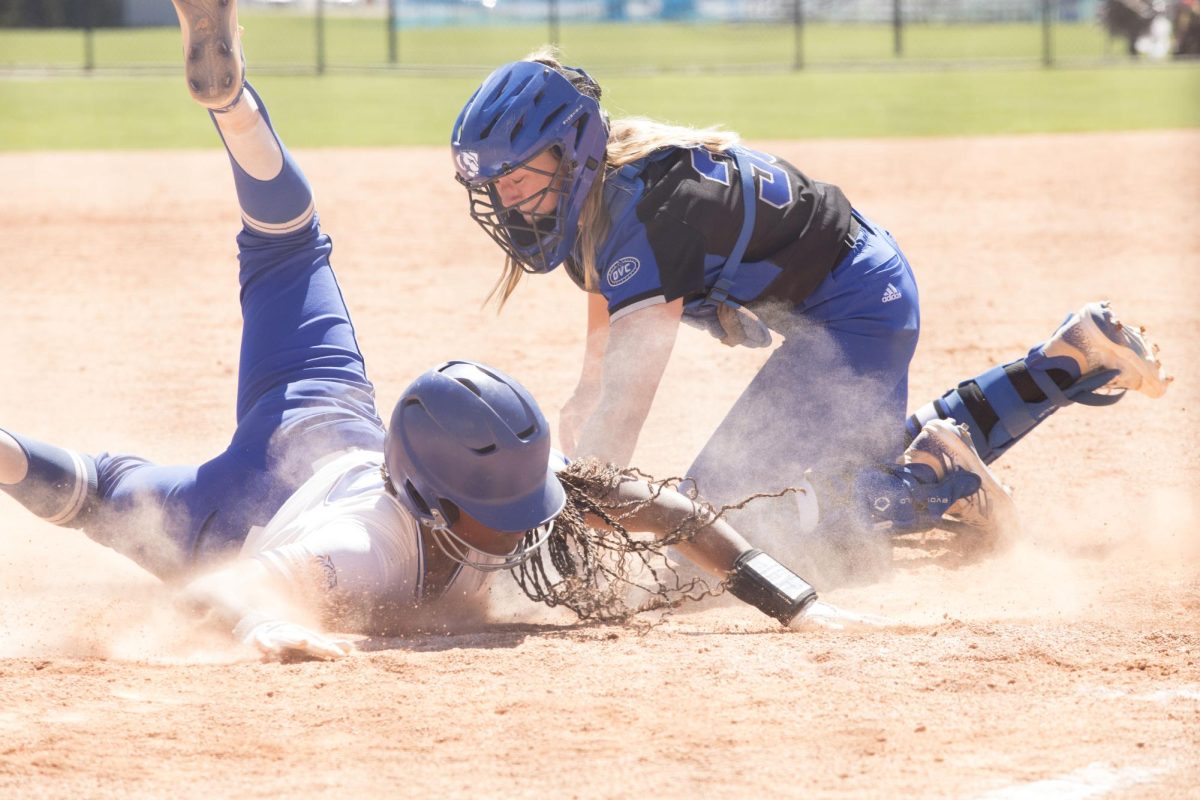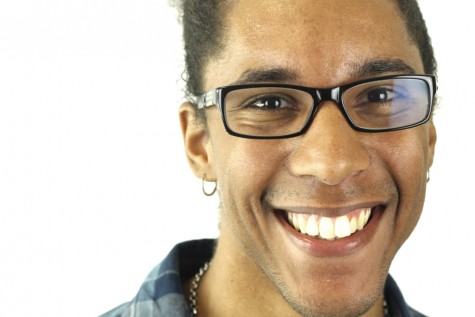Racism within Charleston debated at coffee hour
November 10, 2014
Sitting outside of her Charleston home, Danielle Braiding hears racially tinged comments about African-Americans on Eastern’s campus and how they are the reason enrollment has dropped.
“(Hearing) white person, after white person speak that the reason EIU’s numbers have gone down is because of you beautiful black people, that really upsets me,” Braiding said. “Because those white people are stupid and ignorant and I have had enough of the hate.”
The Community Coffee Hour, hosted by the Interdisciplinary Center for Global Diversity, was a public forum open for students and residents from the Charleston community to talk about their concerns regarding diversity Friday evening at Jackson Avenue Coffee Shop.
Braiding’s remark was a response to the Charleston Mayor Larry Rennels, who said he firmly believed a majority of the city is not racist. He said some smaller groups are perceived to be racist, which then evolves into the entire city being racist.
Participants of the coffee hour reacted with passion stating the city was racist and those who inhabit Charleston need to acknowledge its own racism and biases.
“You have to be honest and say that the town is racist,” said Mikale Kelley-Ross, a senior Africana Studies major.
President Bill Perry attempted to calm the situation when he explained that while he was at Texas A&M University, he spoke to a man who told him everyone is either a racist or a reforming racist, which he said is an extremist point of view.
“Before we label anyone, in anyway, we need to stop, take a deep breath and step back,” Perry said. “I think what we need to do is confront what we have here and work on improving it.”
Sociology professor Vernon Woodley said labeling people does not help because it shuts others out.
“We don’t start the conversation by throwing labels—we need to do more of community relation and transparency,” Woodley said. “The moment you throw the label out people are going to back off and they won’t want to hear anything else.”
When the discussion of the community and its students arose, many agreed the majority of crime happening within the city of Charleston has very little to do with the students who are enrolled at Eastern.
Dan Nadler, the vice president for student affairs, said when a crime has been committed, people automatically assume it was an Eastern student, and that is not the case.
“A very small percentage of EIU students are doing bad things,” Nadler said.
Rennels, who shared Nadler’s sentiments, said much of the crime happening within Charleston is from those who reside in larger cities. He added that index crime has nearly doubled because of people from the larger cities coming and settling.
The issues of racial profiling and traffic stops were also brought up during the discussion.
Rennels said the police officers in Charleston have no idea who they are pulling over and stopping especially during night hours. He said police need to have some justification for the stop and he has not heard of them targeting anyone specifically.
“How am I to know?” said Terri Coleman, an English graduate student. “There was no warning of the suffocating whiteness that I would see.”
Mildred Pearson, a professor of education, said there is an element of distrust between the millennial generation and police officers. Kelley-Ross asked about minority representation on the police force, after which Rennels replied that the
force currently has one female and one African-American male.
“We would like more; we have tried and tried and tried,” Rennels said. Many of those in the audience proposed more students should participate in the Ride-A-Long program with Charleston and University police in order to build a bridge between the officers and students.
James Ochwa-Echel, the director for Interdisciplinary Center for Global Diversity, said this discussion has been helpful for the community. Ochwa-Echel said the conversation should be moved to the campus as well to discuss the campus climate.
Roberto Hodge can be reached at 581-2812 or [email protected]


















































